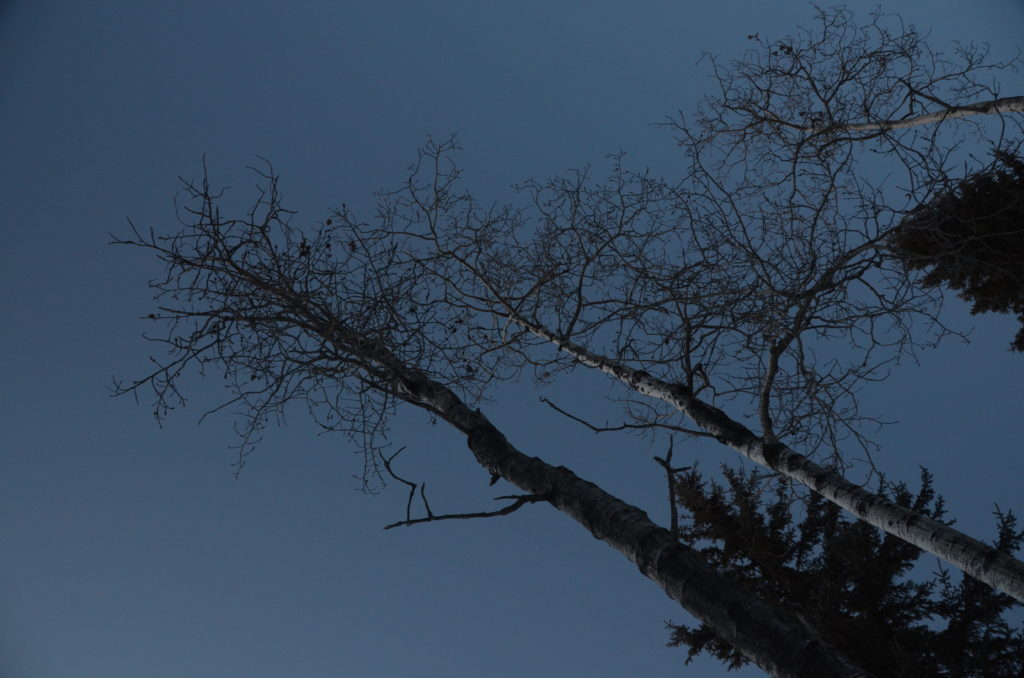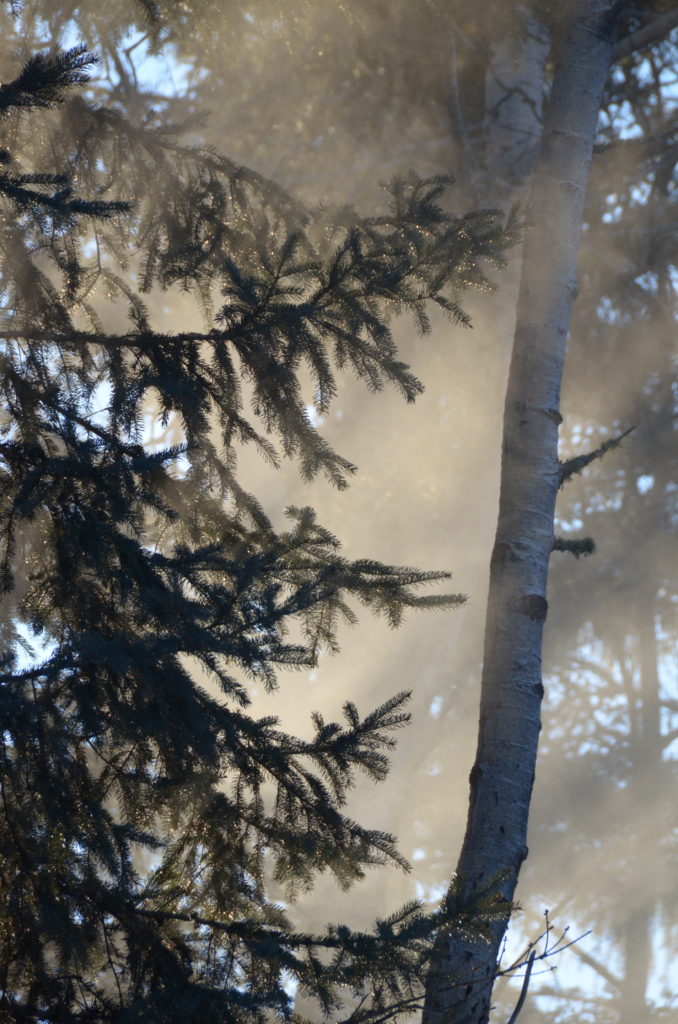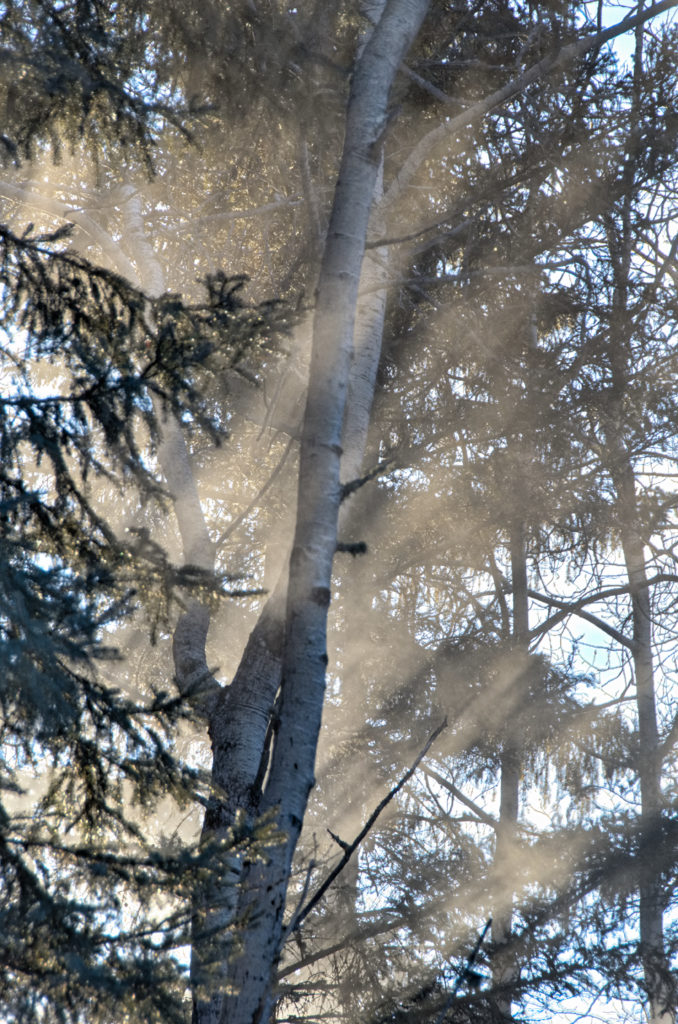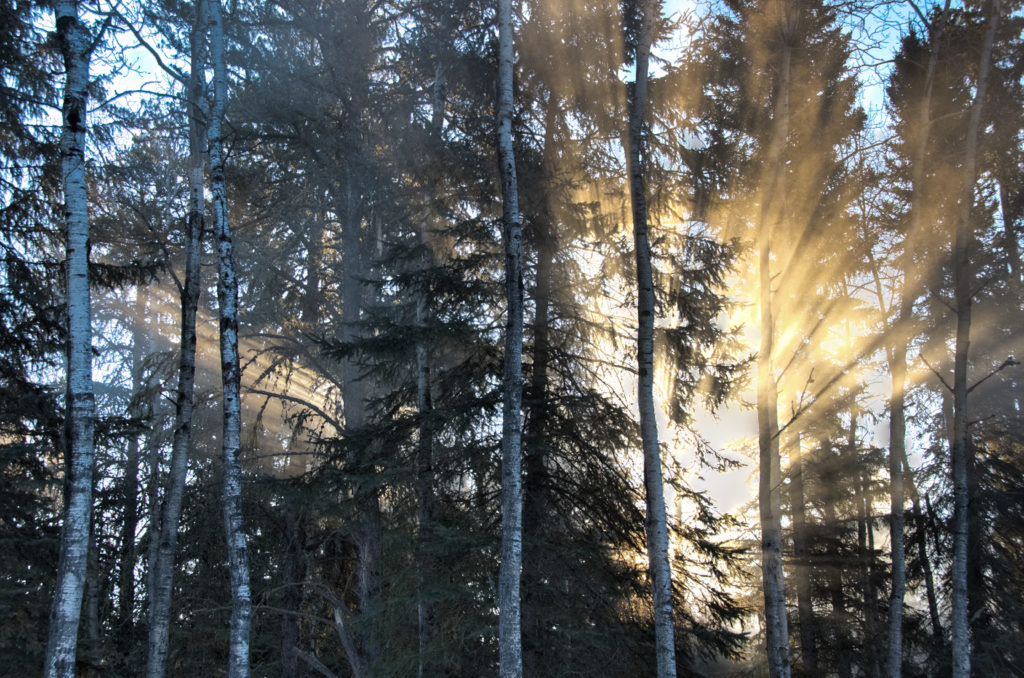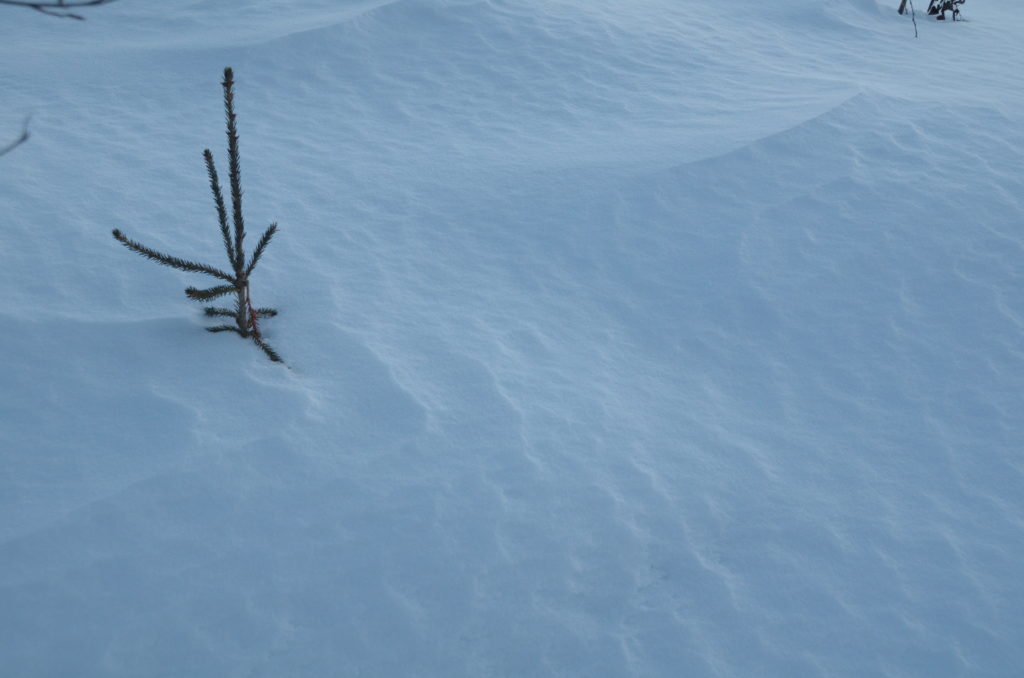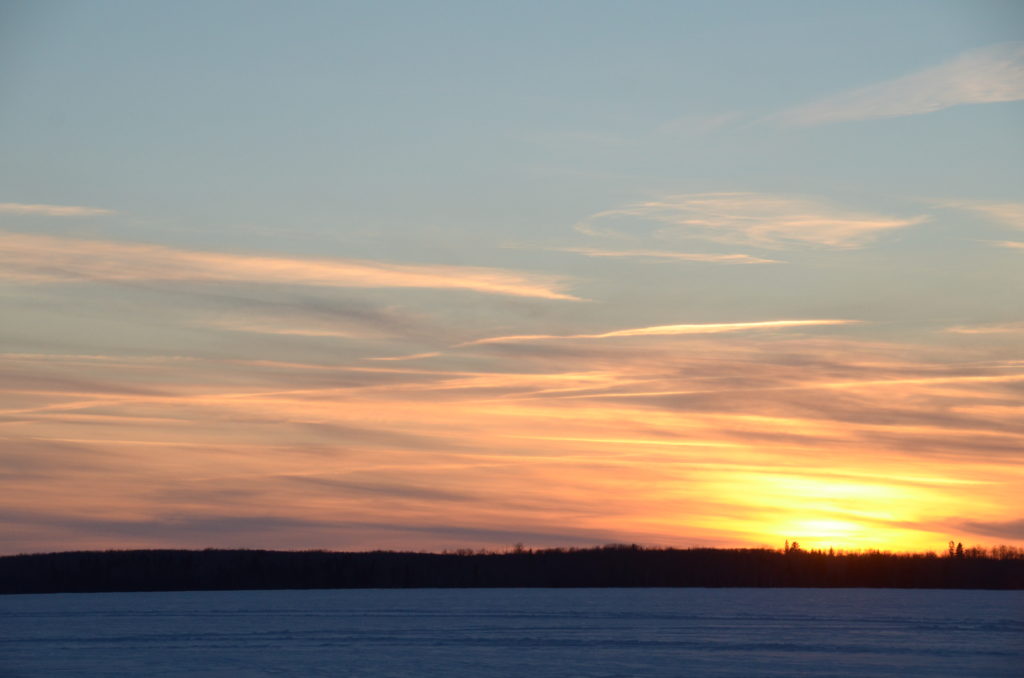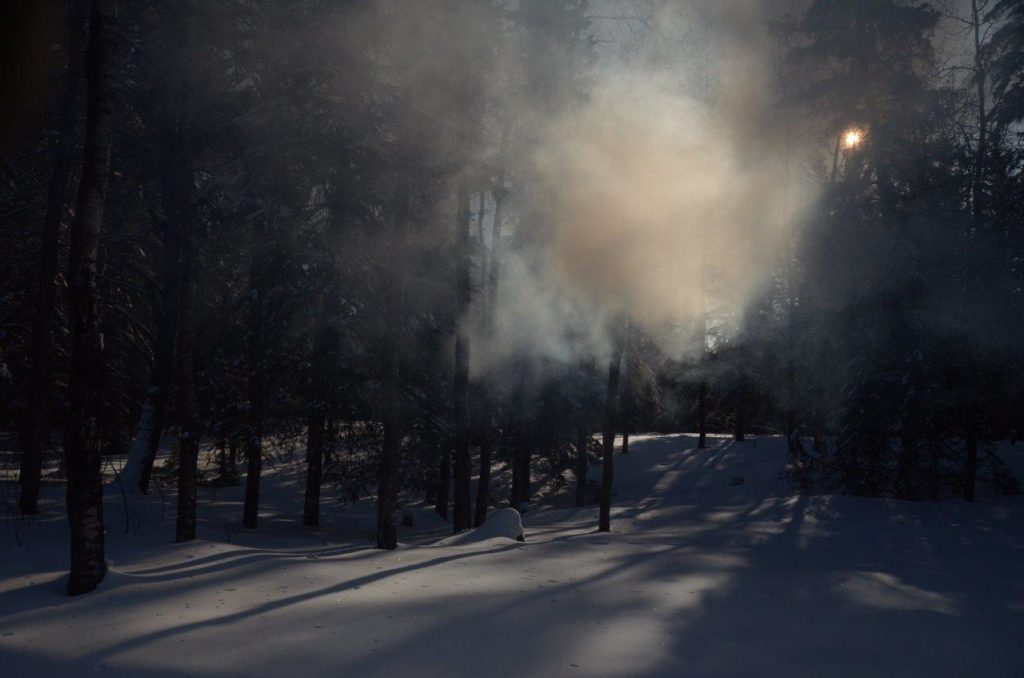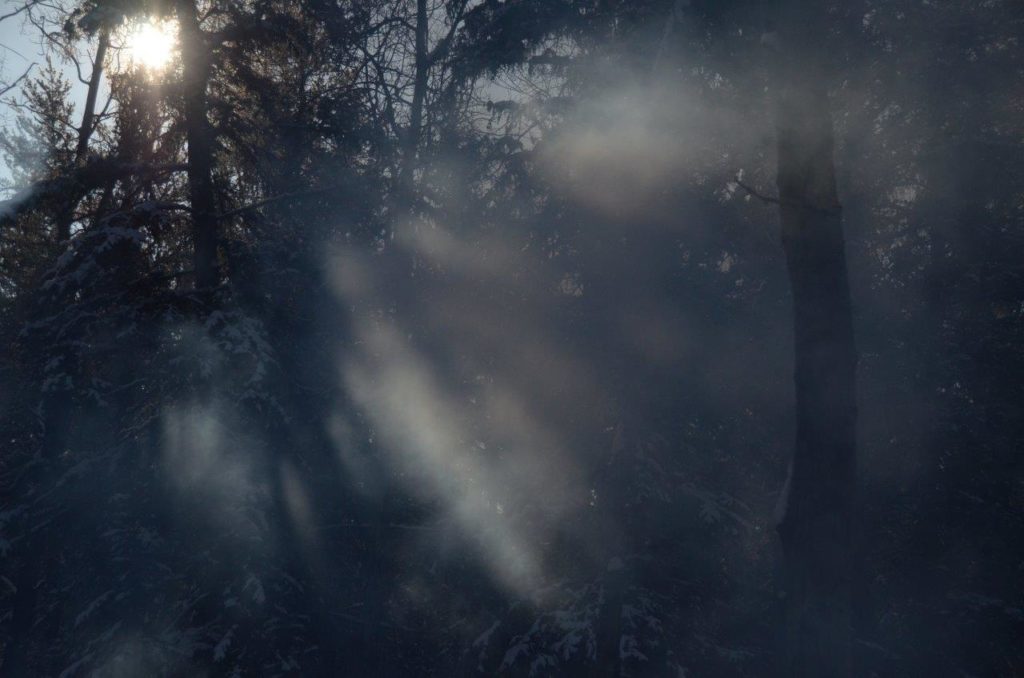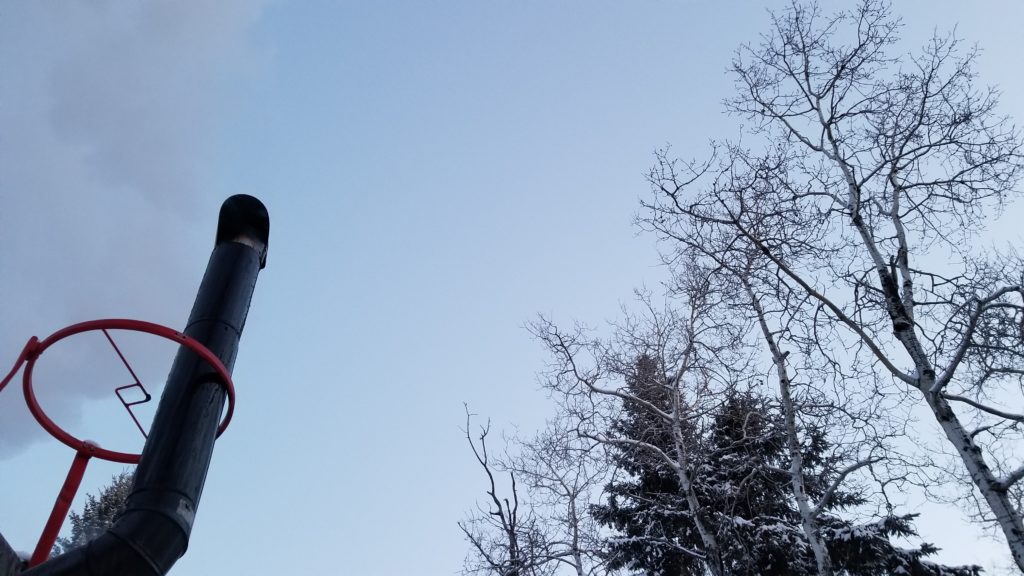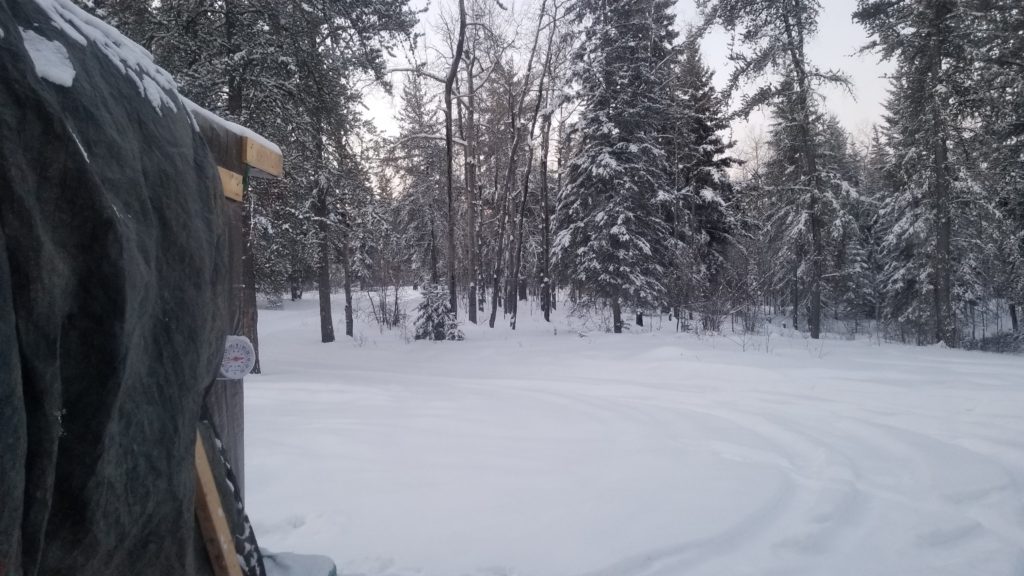Paul:
Writing to the Philippians Paul says we are citizens of heaven. What is it for us to be such citizens; to be citizens of the Kingdom of God?
Acceptable Fast
On Ash Wednesday we heard the call to fast this Lent with a fast that God desires, a fast that is not for us. It is a fast that brings justice and freedom in the face of injustice and oppression. It is a fast that brings food and homes to those who hunger and are homeless. It is a fast that brings Christ’s forgiveness, redemption and love to those who need it most.
Christchurch
After the horrible slaughter in Christchurch NZ during prayers at two mosques we remember God’s special concern for immigrants and refugees.
What kind of a fast do we hold for the victims of terrorism who lost their lives in the mosques this past week, and for the people the world over who without warning ended up watching this horror, all of which was intended to spread terror? The terror message was clear, but we say every refugee, every immigrant, every Muslin will be safe everywhere in this God’s creation. What kind of a fast says “God promises us it is so! We trust it is so!”
How do we know God promises so? How can we trust God’s promises?
Lawyer: Contract Terms
To explain the ritual in our OT lesson of the flames passing between the halves of the sacrificed animals, a pastor provided this in a text study:
He was in a Lawyer’s office signing a contract. The other party asked, “What if one of us fails to keep the contract? Will that be bad?”
The lawyer, who’d also studied theology, responded, “Well, you can try to settle it between yourselves. Or one of you can sue the other to have the courts settle it. It’ll be a mess.
“But in ancient times before paper and long before signatures people sealed an agreement by walking between the halves of animals sacrificed, halved, and laid out for the ‘signing’ ritual. It meant that if either party who walked between the halves failed to uphold their end of the agreement, they therewith allowed the other to literally and bloodily render them as were the animals.
“It made carrying out one’s agreements serious, and deadly if you did not.” (TL in a text study.)
OT – God makes covenant
God makes the Covenant with Abram in today’s OT lesson. Only God, in the form of the flames, passes between the halved animals. God gives his life as surety that God will fulfill the promises of descendants and land. Abram is just a by-stander, a free recipient of the promises.
Baptism Covenant
God also makes a one-sided covenant with each of us. In our baptisms God promises us forgiveness for all our sins, frees us, and then calls us to be Christ’s followers on God’s way, to be Christ’s hands, voice and presence of grace for every other sinner we meet.
God sends the Holy Spirit to surround us with a community of sinner-saints, just like us. The community are those we see in this place and time, and so many more we cannot see. We are surrounded by and connected to all sinner-saints from ancient times to the present and into the future to the end of time.
Spring Change as Chronos Time
In the past week people have reported signs of spring: song birds sing, owls hoot, geese arrive back, bees are out buzzing looking for pollen.
Time passes and the seasons change. We can look at a calendar and know that it is just about right, it’s March and spring starts showing itself around Edmonton.
God’s Time
Most contracts have very clear timelines, deadlines. God’s promises to Abraham and Sarah have none. They forget this and things go awry.
Abraham, Sarah, and most of us expect God to work with us in what the Greeks called calendar time, or chronos. The Greeks had a word for the time that God works with, the time when things are done at the right time. They called it kairos; the moment when it was the right time for something. Whenever God says is the right time, that’s the right time.
Ab & Sarah Mess Up
This is not the first time God makes Abram a promise. Years had passed since the first time. In those long years Abram and Sarai had not trusted God to act in God’s time. They tried to help God in their own time. They took so many shortcuts, passing Sarah off as Abraham’s sister, blackmailing their victims; Sarah offers her slave Hagar to Abraham; and Ishmael is born.
Each shortcut results in terrible disasters for everyone. God assures them Abraham’s heir is not Ishmael, nor any other child born in the household.
But God takes God’s own time … until when Sarah is way too old and Abraham is as good as dead, they finally have a child, Isaac. Then Sarah puts Hagar and Ishmael out in the desert to die in the dry heat. God cares for both, they survive their severe hardships, and Ishmael’s descendants grow greater in number than Isaac’s. Today the spiritual descendants of Ishmael are Muslims who worship in mosques around the world.
Jesus to Jerusalem
In this morning’s Gospel, the fear-filled Pharisees warn Jesus to turn back, for Herod will kill him.
Jesus will not respond to fear. Herod will not stop him. On God’s time Jesus takes a long calendar time to get to Jerusalem. Along the way he heals, teaches, blesses children, restores the outsiders, liberates the captives and tells stories of God’s grace and unending love. Jesus knows his end and purpose is to redeem all of Creation with his death in Jerusalem.
The Way, The Journey
In the early decades after Christ, Jesus’ followers were not known as Christians, but as followers of the Way. Everything about following Jesus is always about how we make our journey through life.
As followers of the Way, promised by God that we are children of God and citizens of the Kingdom of Heaven, Jesus calls us, and the Holy Spirit equips us, to travel without either being driven by fear or using it against other people.
Together with the hosts of sinner-saints of all time we answer this call and participate in the fast that does not sacrifice others. Instead we take opportunities to heal, to bless children, to restore outsiders, to liberate the oppressed … and we tell stories of God’s grace and unending love.
There is no goal or end to our journey of following Christ. We practice following more faithfully season after season, year after year, waiting until God says that is enough practice, and God calls us home.
Marriage Counselling vs Fitness
That practice reminds me that marriage counselling has a 75% or higher failure rate. Partly because it looks intensely at why and how and raises awareness of how bad it is, how broken they are, how difficult healing is.
By comparison marriage fitness, rescues maybe no more marriages, but it rescues people.
The goal is not to reach marriage perfection, but to practice being the person you want to be with your beloved: to be loving by DOING loving things, thoughtful things, things that are wanted, actions that are real gifts to the other person, and to do these things on a very regular basis.
No guarantee is made this will save the marriage, but if it can be saved then maybe it’ll work. Regardless you will have become the person you want to be in a relationship. Along the way you will have learned that the process of being a loving person is what it is all about, not some ideal goal of a perfect relationship or expecting to find or train the perfect spouse.
CoG Fitness
As Children of God we also live with many other people and we bump up against each other in so many ways.
Like couples thinking that they need a perfect spouse or a perfect relationship in order to be in love with each other, Christians often, and Lutherans real often, behave as if they have to be perfect or rather that others in the congregation have to be perfect, or this has to be a perfect congregation and then God will bless us. … Not so!
God gives blessings for the journey that we make together.
Interim ministry: Practice is the Way
Each year counts, especially years of interim ministry. These are the years that we practice being the kind of people we want to be, the kind of Christians we want to be. And we keep it up, as a process until God calls us home.
About Time
About Time is a movie of men able to go back in time, and how, with great humour, different men in the family use and abuse this gift. The hero’s father has worked out that the real trick is to take life one day at a time, and then to go back and relive each day, with no fear, celebrating the little things, noticing how much you love people and love work and love play, … to immerse yourself fully in every moment with thanks and joy.
The hero does this and then takes it one step further. He chooses to never go back in time, but to enter each new day, as if it were the day relived for the joy of it. He savours each moment and person, each love and joy, and even each challenge and each of his failures … as precious.
This Lent, especially in response to events that could freeze us with fear, God calls us to live each precious day as the people we truly want to be. The Holy Spirit equips us to be citizens of heaven, God’s saints.
As we undertake fasts that bring justice and freedom, food and homes, and hope and safety to all who need them, we live assured of God’s promises. In God’s time all will be well.
During this interim the Holy Spirit inspires us to not waste even one day. We are on our way, practising being the saints God makes us sinners to be. This is God’s time, not our calendar time.
Sending
God’s promises are sure. The signs are everywhere if you look: the Holy Spirit is here inspiring us to see each day as God’s precious time, to be lived with thankful, joyful and hope-filled hearts as we practice being followers of the Way and citizens of heaven.
